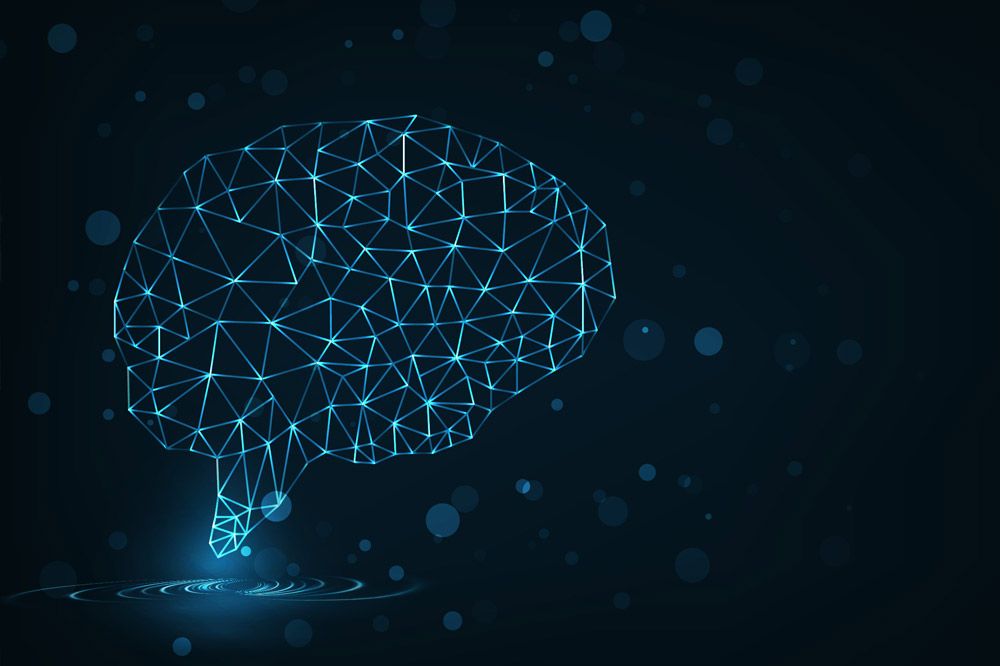
Keys To The Limitless Brain – Part 1: What can we achieve?
What are our brains actually capable of? It’s an interesting question isn’t it. Hollywood has often highlighted the super powers of enhanced brain function, tantalising us with fantasies of unlimited potential. It makes for a great movie plot but looking a bit closer, is total optimisation actually possible? And if so, how?
Background: What this is and what this isn’t
First and foremost, I won’t be delving too much in to neurochemistry or biology. I believe speaking in this manner should be left to those with PhD’s and who’ve studied this area intently for over a decade. My objective for this series is to provide Lehman’s term explanations for some complex concepts and lay out an anecdotal action plan to improve brain function.
Super Brains: Fact or Fiction?
Ask most people about the brain and what’s the first thing that they say? “Did you know, you only use 10% of your brain?” This bares some truth but is anatomically incorrect. We absolutely do use all of our brain. The four lobes are utilised in a plethora of different ways that make us who we are. Specific regions of the brain may be more active, such as the frontal lobe when concentrating on a complex task, but this doesn’t mean there are areas of the brain that aren’t “used”. Think of it in the same way you’d only have one light on in your house if you were just sat watching TV in your living room. Just because the lights aren’t on, doesn’t mean that area can’t be used, it’s just not necessary for that region to be “on” at that particular time.
The 10% “myth” is more to do with possibilities than use. If you were to re-phrase the statement to “we only use 10% of our brain’s potential” then it would start to become more accurate. Proof of this comes from extremes.
Daniel Tammet may not be a house hold name, but his “super brain” first came to light when he recited the digits of Pi to 22,514 digits. Daniel was also able to learn Icelandic, notoriously known as one of the top 5 hardest languages to learn, in 7 days. Even more impressively, he was able to go on live national television and be interviewed speaking fluently.
There are numerous cases of Savant’s who possess unfathomable brain power. These range from doing insane mathematically calculations, to learning and playing entire classical symphonies just from one listen. To the average person, intellectual feats such as this seem impossible, yet these Savant’s are able to effortless demonstrate super brain powers. Immediately this makes me think, what’s the difference between them and us?
Anatomy: Biomechanics, Neurochemistry and Genetics
“If you work really hard, you’ll go to the Olympics”.
It’s a bit vague and I don’t buy it either. Truth of the matter is, when you analyse the athletes who are about to sprint for an Olympic gold medal, they all will have 3 things in common. They’ll have trained very hard, have leverages that gives them a predisposition for a sport and genetics that have maximised them as an athlete. Certain things don’t happen by accident.
In my opinion, brain capability is very similar. Just as having long arms and legs will mean you’ll increase the likelihood of being a good rower, the same can be said for having enlarged regions of the brain, such as the Neocortex. The size of brain regions may increase the capacity for intelligence. This doesn’t mean we are genetically coded to be intelligent or not, but it does give an explanation as to how mind boggling levels of learning and recollection are possible. Just like Usain Bolt has the genetics that make him the fastest man who ever lived, some Savant’s may have neural anatomy that make their higher intelligence an effortless expression of self.
The Analogy: Nature Vs Nurture
Using elite athletes as examples, it can be said that genetics does play a big role in very athletically dominant sports. However, it’s safe to say that if you work on a quality over and over again, you will improve it. If you took up sprinting and hit a 100 metre time of 18 seconds, you’d probably fall in to the bracket of average runner. With dedication, diet, a structured programme and consistency, it’s likely that in due time you’d be able to get to a very respectable time of 12-13 seconds. Your genetics may mean sub 10 and a spot at the olympics is not possible but you can maximise your abilities to a very respectable extent.
The Exciting Part: Why the brain is different
The brain isn’t a muscle, far from it. However if you treat it like one, it’s capabilities to expand and grow is almost inconceivable. Consider this, the brain has an estimated 100 billion neurons. A neuron is a cell in the brain similar to that of a telephone wire. When connected to another neuron, it sends a message to other regions of the body to carry out a desired outcome. Neurons “wire” together based on our thoughts and habits, so in theory our “Neural Networks” essentially make us who we are. A neural pathway is a memory, thought, habit, feeling and so on.
I’d like you to think of when you go to Subway for a Sandwich. You can have about 4 different types of bread, 20 different fillings and over 30 toppings including sauces. Think how many different possibilities you have to make your own unique sandwich. To prevent you from googling it, it’s around 37 million. Now think about how many possible neural connections you could make if you have a buffet of over 100 billion stations.
Rough calculations estimate that the possible neural connections we can make is around 100 Quadrillion. This sounds more like Doctor Evil making ransom demands than actual science but it leaves us a lot to think about. We have the potential to create an almost infinite amount of memories, thoughts and data recollections.
Archaic theories once thought that our brains were like a filing cabinet; they had a finite ability to store data that would at some point become maximised. Now we understand that the mind is less a filing cabinet and more so tree, if you water it, the roots, branches and leaves grow. If you continue to nurture it, it’s potential to grow is limitless.
Maximising Brain Power: How is it done?
Boosting the brain needs a holistic approach. It is an amalgamation of nutrition, physical and mental exercise plus continuous mindfulness. In the next instalment, we’ll be covering the topic of neurotransmitters, what they do and how your nutrition and lifestyle has a direct impact on them.

